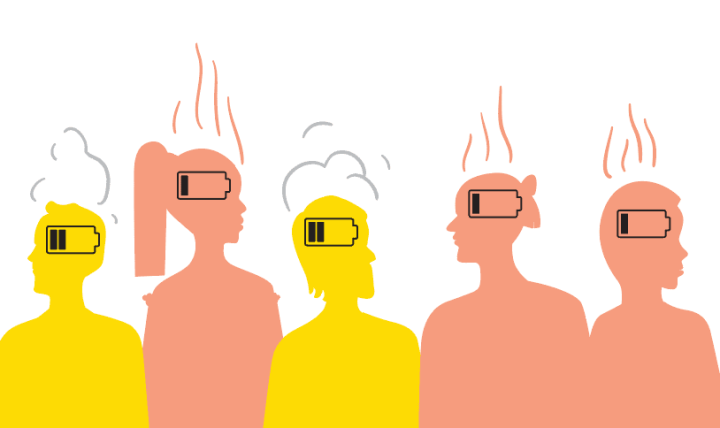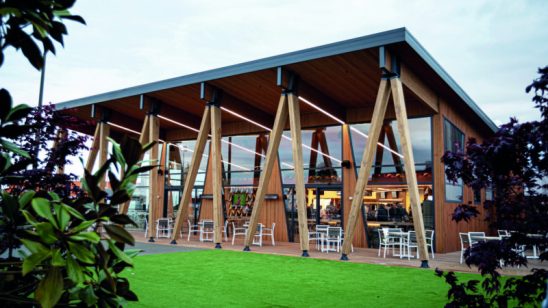
Putting the spotlight on social burnout
There is constant pressure to be busy. Sometimes keeping up with every social event, scheduling consistent time with friends and family, answering each message, and being the ultimate parent or grandparent leads to exhaustion.
Call it social burnout, social fatigue, introvert burnout or introvert hangover. According to an international study, social and extroverted behaviour often leads to depleted energy levels and extreme tiredness, from the need to impress others and maintain meaningful conversation.
For many, it comes down to personality types. A lot can ride on whether you are an introvert or an extrovert. Social burnout still faces both, although it can wear out introverts – who need the energy to socialise rather than gain it from socialising like extroverts. While it is yet to be identified as a medical diagnosis, social burnout is a real experience, and you may not even know you have it.
It can feel like events, parties, and catch-ups becoming ‘chores’ in your life. You might notice yourself becoming increasingly fatigued, agitated, frustrated, or anxious. If each day is filled with overwhelm, and a massive list of things to do, attend, and keep up with, resulting in consistent exhaustion, you may be experiencing social burnout. It might be time to put yourself first.
Taking self-care into your own hands
- Firstly, remind yourself that social exhaustion is normal and completely fine. Avoid putting yourself down for being an introvert.
- Prioritise the people and activities you love, giving yourself that other time to recharge.
- Understand what is draining you and figure out when it is best to say ‘no’.
- Find your self-coping methods, which is anything that relieves stress and allows you to feel calm and happy. This could be baking, exercise, reading, or painting.




